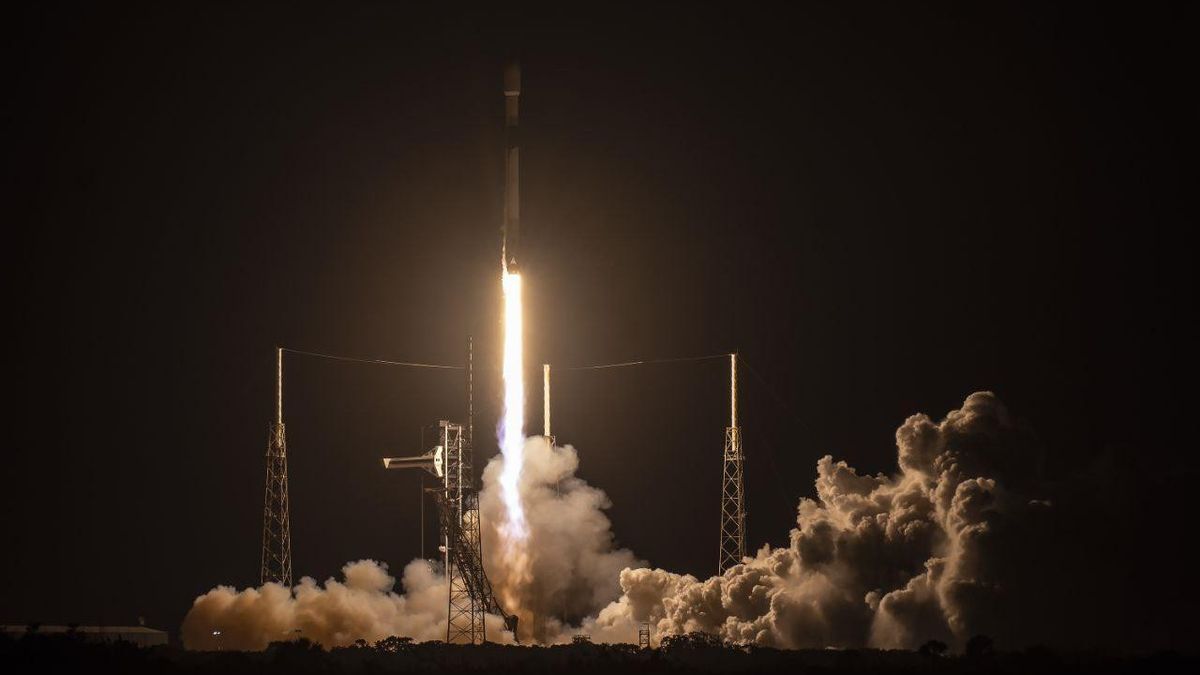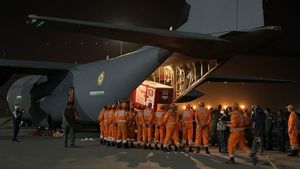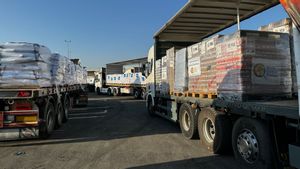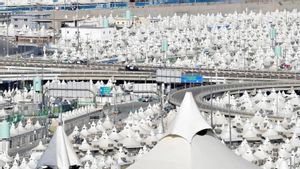JAKARTA - South Korea (South Korea) plans to complete the launch of its fifth spy satellite this year, after successfully launching its fourth satellite, increasing its surveillance capability against North Korea (North Korea).
South Korea successfully launched its fourth military reconnaissance satellite into orbit on Tuesday, increasing its satellite surveillance capabilities significantly.
According to the Ministry of National Defense, the satellite was launched on a SpaceX Falcon 9 rocket, which took off from Cape Canaveral Space Force Station in Florida, United States at 9:48 a.m. Korean time, or 8:48 p.m. US time on Monday.
The satellite was placed in orbit about 15 minutes after launch and successfully established communication with the ground station at 12:27 p.m.
The satellite joins three other satellites that have orbited, the first launched in December 2023, the second in April 2024, and the third in November.
The launch series is part of South Korea's 425 Project, a multi-year initiative with a total budget of 1.3 trillion won to deploy five satellites into low Earth orbit by the end of 2025.
The fifth and final satellites are planned to launch later this year.
"We plan to complete the launch of the five military reconnaissance satellites this year. After we have also deployed the ultra-small satellites currently under development, our military will be able to build independent space-based defense capabilities and take major steps to become the leading space powers," explained the Head of Defense Acquisition Program Administration (DAPA), which oversees Project 425. , Seok Jong-geun, reported The Korea Times April 23.
Like the second and third satellites, the fourth satellite is equipped with a synthetic apertur radar system (SAR). While the first satellite is equipped with an electro-optical/infrared (EO/IR) sensor.
The SAR satellite can capture high-resolution images in all weather conditions and lighting, overcoming the limitations of the EO/IR system that cannot penetrate cloud cover or operate effectively at night.
SEE ALSO:
Once the five satellites are operational, the South Korean military will be able to monitor North Korea's main military facilities within a two-hour interval, which significantly increases its ability to detect early signs of provocation.
To date, the three satellites deployed have reportedly captured pictures and videos of Pyongyang center, where North Korean leader Kim Jong-un's office is located, sending the data to ground control stations.
Although the military has not released the image due to security concerns, the data is said to be of high quality.
The English, Chinese, Japanese, Arabic, and French versions are automatically generated by the AI. So there may still be inaccuracies in translating, please always see Indonesian as our main language. (system supported by DigitalSiber.id)

















